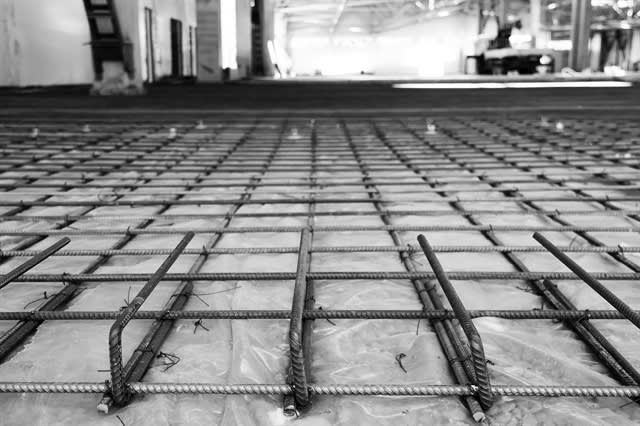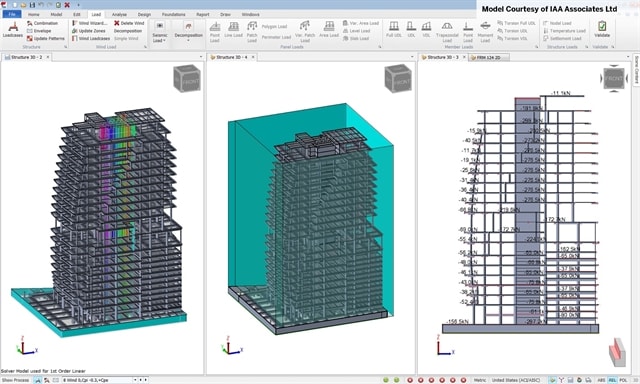pa5tabear
Chemical
- Jul 3, 2013
- 17
I'm replacing an old high pressure water pumping system. The current system uses two identical pumps (one main and one backup). The current pump specs:
Capacity (GPM): 60
Head (ft): 2370
Speed (RPM): 4380
Power: 40 HP
P.F.: 36%
Load eff: 92%
==================================
Is that power draw standard for the capacity and head? I'm trying to figure out how our current pumps compare to new pumps.
Thanks
Capacity (GPM): 60
Head (ft): 2370
Speed (RPM): 4380
Power: 40 HP
P.F.: 36%
Load eff: 92%
==================================
Is that power draw standard for the capacity and head? I'm trying to figure out how our current pumps compare to new pumps.
Thanks




